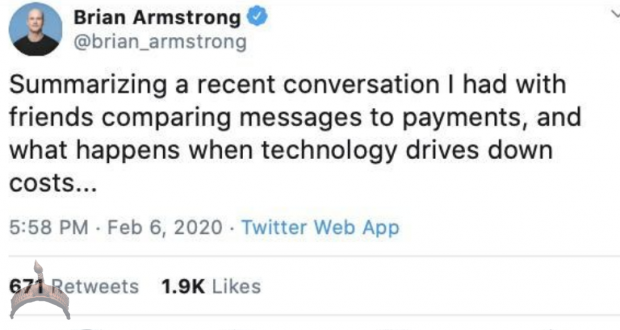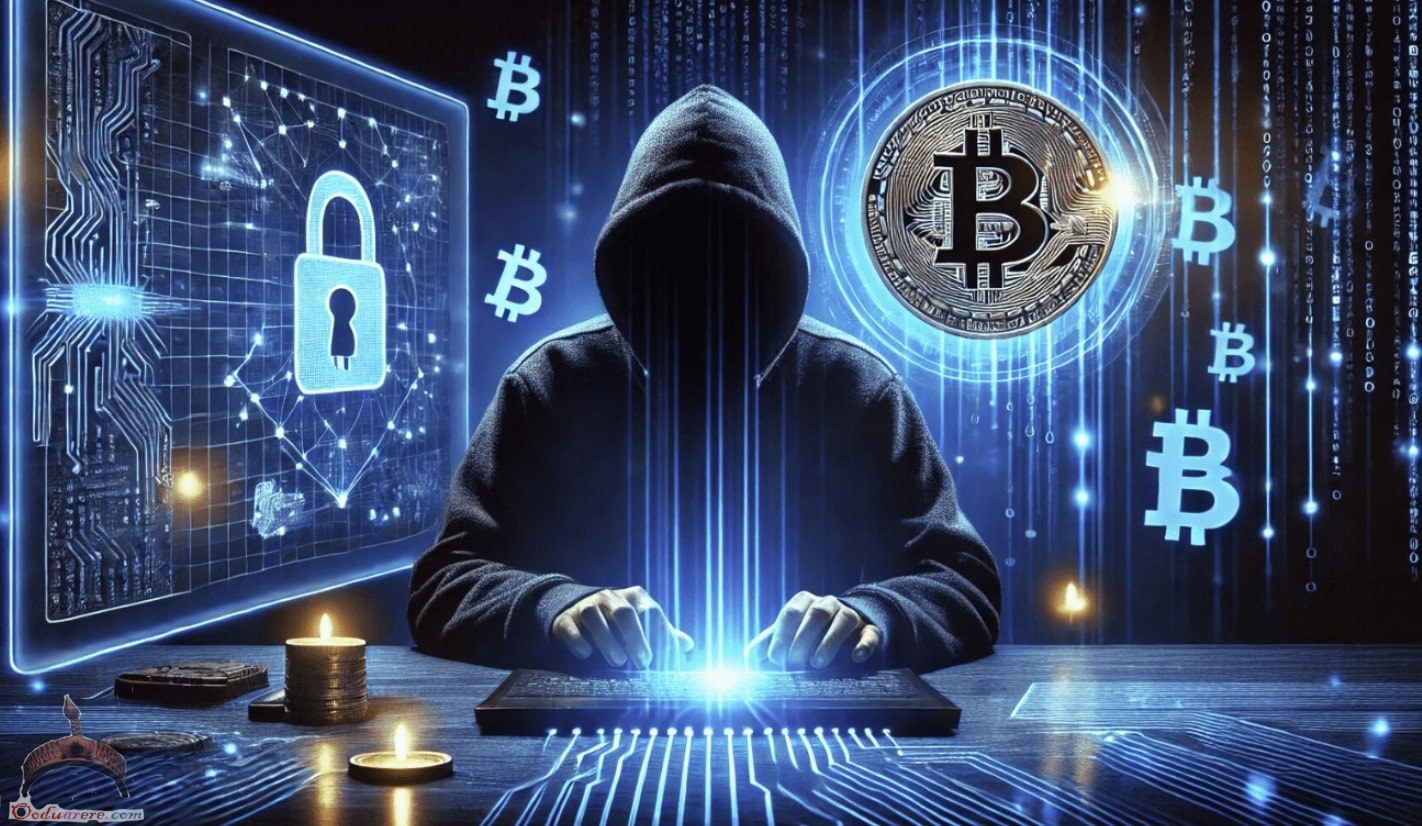
Summarizing a recent conversation I had with friends comparing messages to payments, and what happens when technology drives down costs… In the 1800s people used to send maybe one letter a month.
Then in the 1900s telephones became available, and for $1 a minute you could even call long distance to other countries, maybe a few times a month. With SMS, at $0.20 each, people might send a few messages a day. Peak SMS globally was 20B messages a day.
Then WhatsApp, email, and many other messaging apps drove the cost per message down to zero, and we saw a true explosion in messaging. Hundreds of billions of messages are now sent every day, and it’s not uncommon for someone to send 40 messages in an hour.
If you told a person in the 1800s (who sent one letter a month) that people would one day send 40 messages in an hour, they would probably think those people sounded insane. Not only did the volume of messaging grow by orders of magnitude, as costs came down, but it also unlocked all kinds of creativity and innovation.
Think of all the new messages types we have now – memes, video calls, voice memos, reaction emoji, etc. And messaging also became borderless (no distinction like “long distance” calls, or international mail, anymore – WhatsApp messages work wherever the person is in the world). Now let’s think about where we are with payments.
The average american sends about 40 payments a month. It costs 2% every time you swipe your credit card (even if the merchant pays it, you’re also paying it in the higher price of the item). ACH takes 3 business days. Payments are local, not global.
There are onerous exchange rate fees, and transaction fees, when you do “long distance” or international payments. What will happen when the cost of a payment falls to SMS levels? What about free?
What will happen when all payments are inherently global? Just like messaging, we will see several orders of magnitude more payments (it won’t be uncommon for someone to do 40 transactions in an hour, instead of in a month), but we’ll also see many types of new transactions that would seem strange to us today.
Every upvote on a website could be a transaction, an email you send with priority access, your self driving car changing lanes, or the goods you’re exchanging in your virtual world.
When technology drives down costs, you get all kinds of new behavior and innovation that was never before possible. It also democratizes access, and levels the playing field globally. Exciting times ahead for crypto and the open financial system!
 Ọmọ Oòduà Naija Gist | News From Nigeria | Entertainment gist Nigeria|Networking|News.. Visit for Nigeria breaking news , Nigerian Movies , Naija music , Jobs In Nigeria , Naija News , Nollywood, Gist and more
Ọmọ Oòduà Naija Gist | News From Nigeria | Entertainment gist Nigeria|Networking|News.. Visit for Nigeria breaking news , Nigerian Movies , Naija music , Jobs In Nigeria , Naija News , Nollywood, Gist and more









